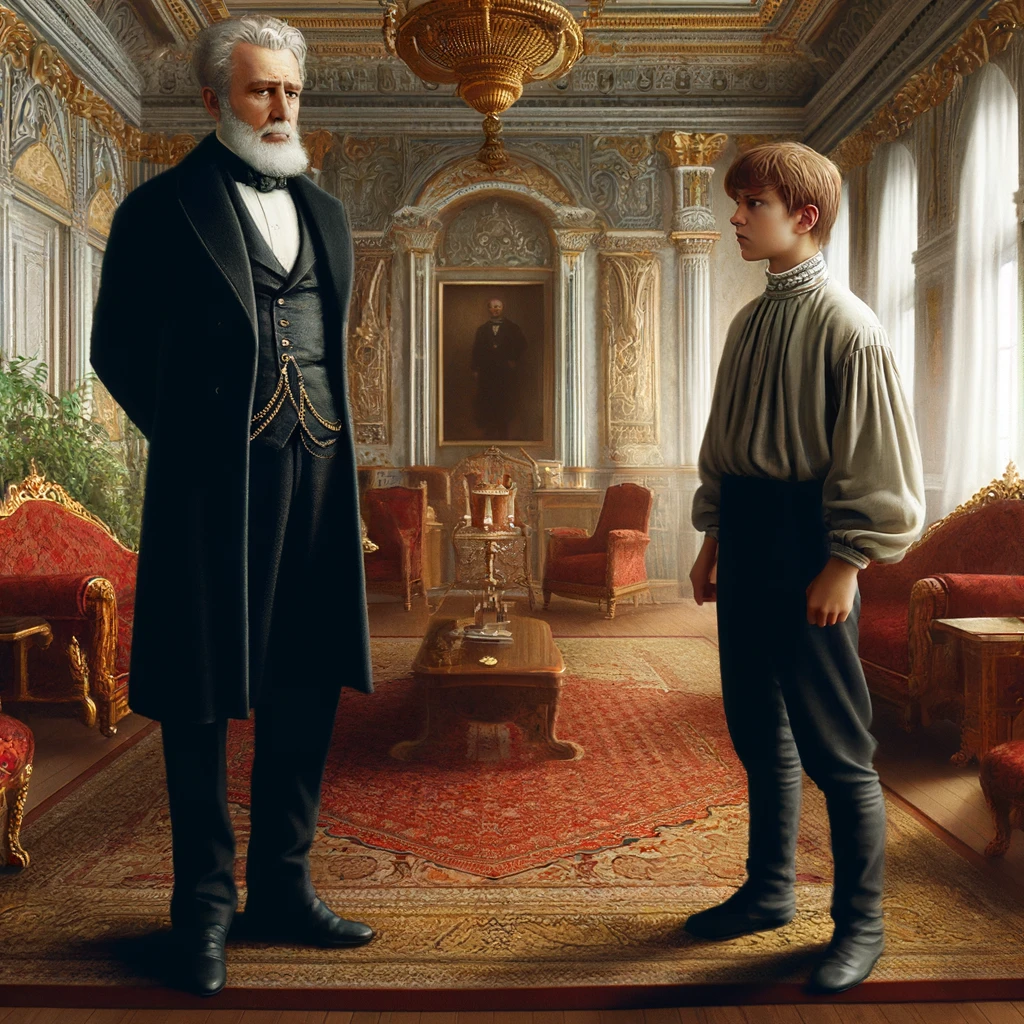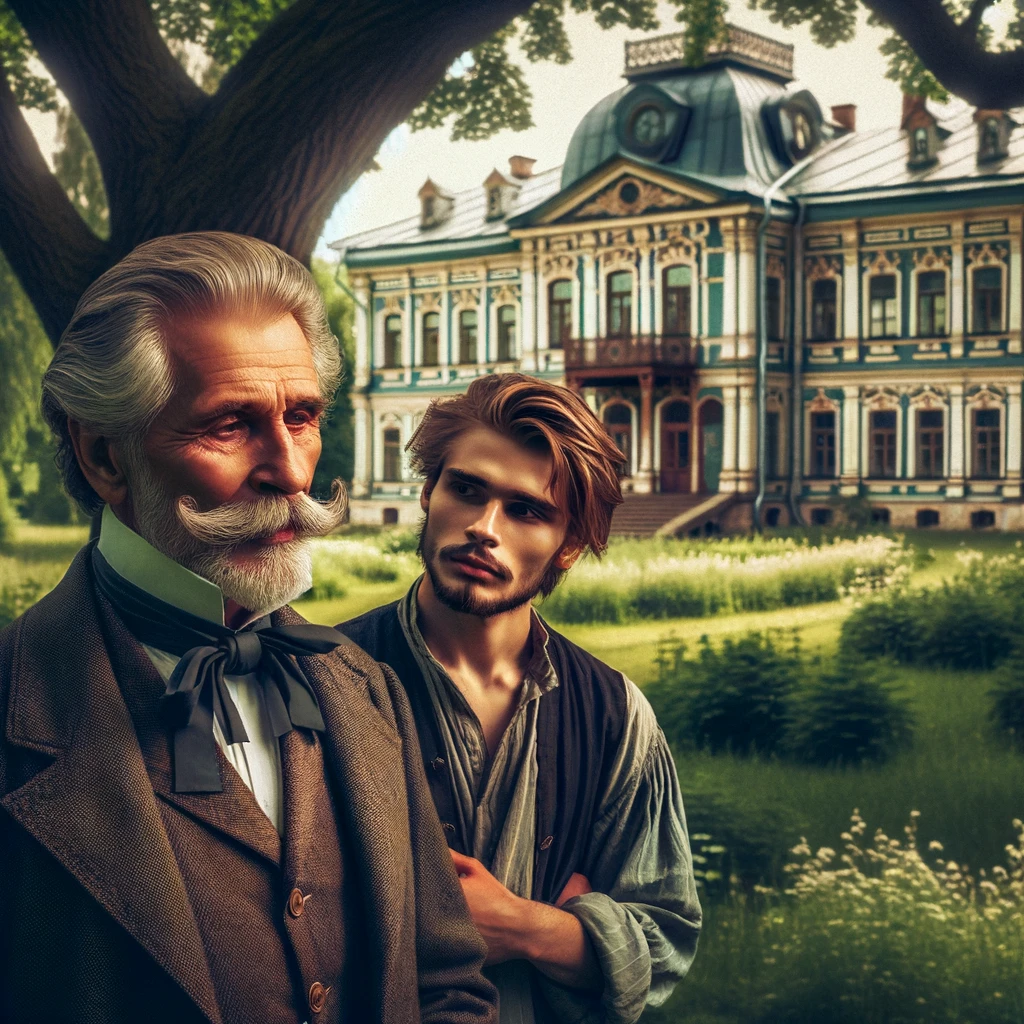Alright, picture this: it’s mid-19th century Russia, a land teeming with serfs, samovars, and some seriously brooding gentry. Enter our protagonist, Bazarov – a self-proclaimed nihilist. He’s the kind of guy who would scoff at a bouquet because flowers are just going to wilt anyway. Bazarov is young, brash, and carries the intense aura of someone who definitely doesn’t do small talk at parties.
Bazarov’s philosophy is simple: out with the old, in with the nothing. Yep, you heard it right. For him, all those grand, fluffy ideals like romance, art, and beauty are just dusty relics best left on the shelf next to your grandma’s porcelain dolls. He’s all about science, reason, and, well, more science. If it can’t be poked, prodded, or dissected under a microscope, Bazarov isn’t buying it.
Now, throw into the mix Arkady, Bazarov’s loyal yet slightly more impressionable friend. Arkady is like the Watson to Bazarov’s Sherlock, if Sherlock were less about solving mysteries and more about debunking societal norms. Together, these two intellectual rebels return to Arkady’s family estate, where they are about as welcome as a pair of wet socks on a cold day.

The estate is a breeding ground for generational tension. Arkady’s father, Nikolai, is a tender-hearted, somewhat melancholic landowner who tries to keep up with the times but can’t quite let go of his romantic notions. Then there’s Pavel, Arkady’s uncle, who is the human embodiment of a stiff upper lip – a man so tightly wound that even his mustache seems to stand at attention.
As Bazarov and Pavel clash, it’s like watching a rap battle where one contestant shows up with a lute. The discussions between the nihilist and the traditionalist are charged with the kind of passive aggression that could only come from vehemently disagreeing over how to properly brew tea.
But, here’s where Turgenev shows his genius. Amid all this ideology clashing, he weaves a subplot of love, like a sneaky novelist planting emotional landmines. Bazarov, our stern hero who views love as a mere chemical reaction, finds himself inexplicably drawn to the beautiful, enigmatic Anna Sergeyevna. It’s the classic tale of boy meets girl, boy debates girl on the validity of subjective experience, boy gets utterly confused by his feelings.
The romance, if we dare call Bazarov’s awkward attempts at courtship that, serves as a delightful juxtaposition to his nihilistic bravado. It’s like watching a cat try to walk off the embarrassment after slipping from a ledge. There’s an endearing quality to his clumsiness in matters of the heart, revealing cracks in his otherwise impenetrable philosophical armor.
Turgenev isn’t just telling a story of young versus old or the modern versus the traditional. “Fathers and Children” cleverly captures the universal struggle of ideologies across generations, each convinced of its own correctness, yet all somehow stumbling in the dark trying to find meaning and connection in a rapidly changing world.
In the end, “Fathers and Children” isn’t just about the conflict between generations; it’s a nuanced exploration of friendship, love, and the pursuit of identity in a world that doesn’t come with a manual. As Bazarov learns, life, much like the novel itself, is a complex mix of the bitter and the sweet, the profound and the profoundly absurd. And isn’t that just the perfect recipe for a timeless classic? So, sit back, grab a cup of something strong (preferably not nihilism), and enjoy the ride through Turgenev’s masterpiece, where every page promises a blend of irony and insight, topped with a dash of 19th-century Russian existential spice.


